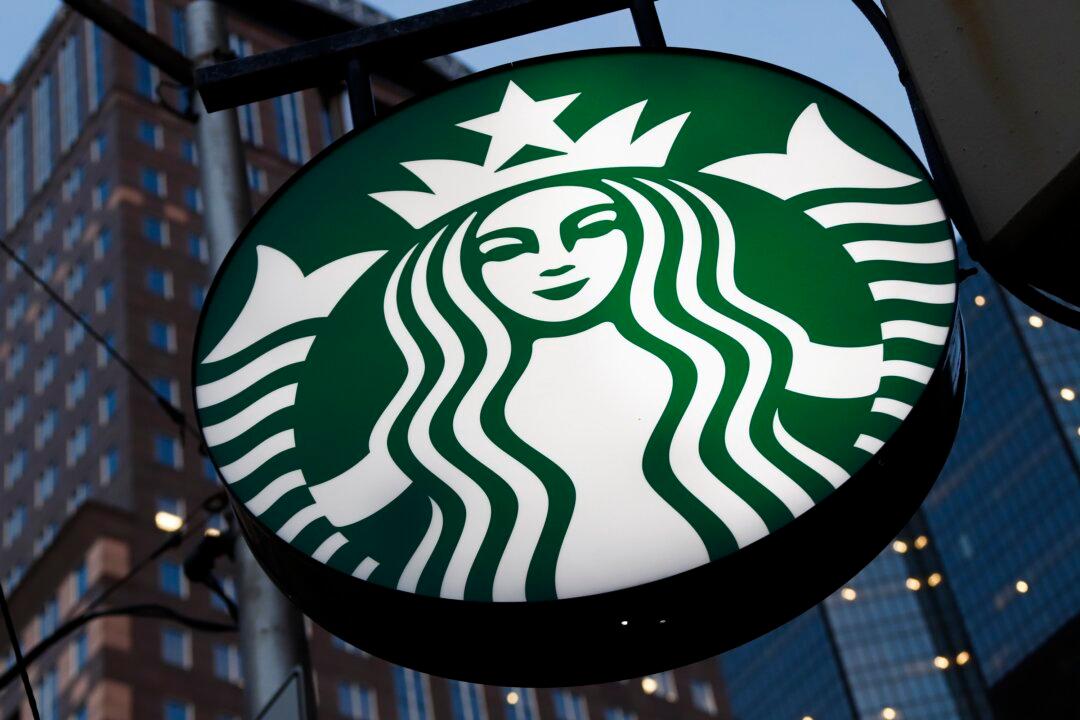Florida Attorney General Ashley Moody is calling for an investigation into the hiring practices of Starbucks Coffee Company, which appear to discriminate on the basis of race.
The complaint—filed May 22 with the Florida Commission on Human Relations (FCHR)—argues that Starbucks’ publicly available policies appear to be racial quotas and set specific employment goals based on race.





